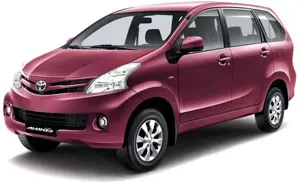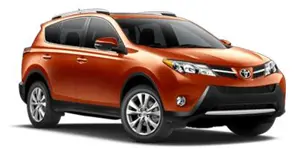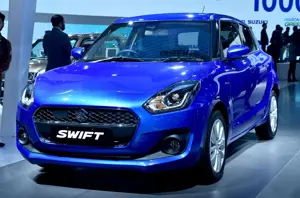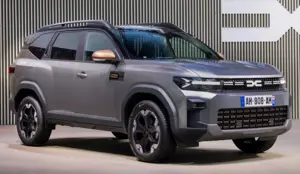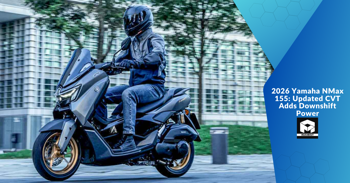Why are Gypsy engine swaps a thing?
Maruti Gypsy owners have been increasingly swapping engines, with many replacing the original engine with more modern ones. The trend of this vehicle raises questions about what it is and what it does. That’s why so many owners are swapping the original engine. What are the most popular engines for swaps and how do they change the Gypsy’s performance both on and off road? What are the implications for reliability and fuel efficiency, and the whole driving experience? Are these modifications still appending to the Gypsy's famous repute or detracting from its occasional allure? Discuss what makes engine swaps a good thing and a bad thing with regards to preserving automotive heritage versus the modern performance upgrades.
The Gypsy is a game changer for engine swaps. The Baleno engine is popular because it brings more power with better fuel efficiency. I'm like giving an old dog new tricks!
Most Popular Cars
Based on Cars Popular on Maxabout
Toyota Avanza Petrol
₹ 7,00,000
2017 Views
Toyota RAV4 (Petrol)
₹ 17,00,000
2950 Views
Toyota Hiace GL
₹ 55,00,000
6793 Views Recently Added Cars
New Cars Added On Maxabout
Skoda Octavia RS
₹ 49,99,000
163 Views
VinFast VF7 Sky Infinity
₹ 25,49,000
611 Views
VinFast VF7 Sky
₹ 24,99,000
563 Views Upcoming Cars
Exciting Upcoming Cars
Maruti Swift Hybrid
₹ 10,00,000
1744 Views
Renault Boreal Bigster SUV
₹ 13,00,000
1860 Views
Leapmotor T03
₹ 8,00,000
1323 Views Discussions and Questions Why Are Gypsy Engine Swaps A Thing
Why are Gypsy engine swaps a thing?
30 December 2024 10:32
Ask a Question
Latest News
Recently Added News
Toyota's New V8 Supercar Unleashed: December 5 Reveal Date Confirmed
Wednesday, 22 October 2025 21:43 PM
2026 Toyota FJ Cruiser Revealed – Baby Land Cruiser Returns Strong
Wednesday, 22 October 2025 20:19 PM
Kia Carens Clavis EV HTX E Launch: 2025 Price & Features Revealed
Saturday, 18 October 2025 14:09 PM
